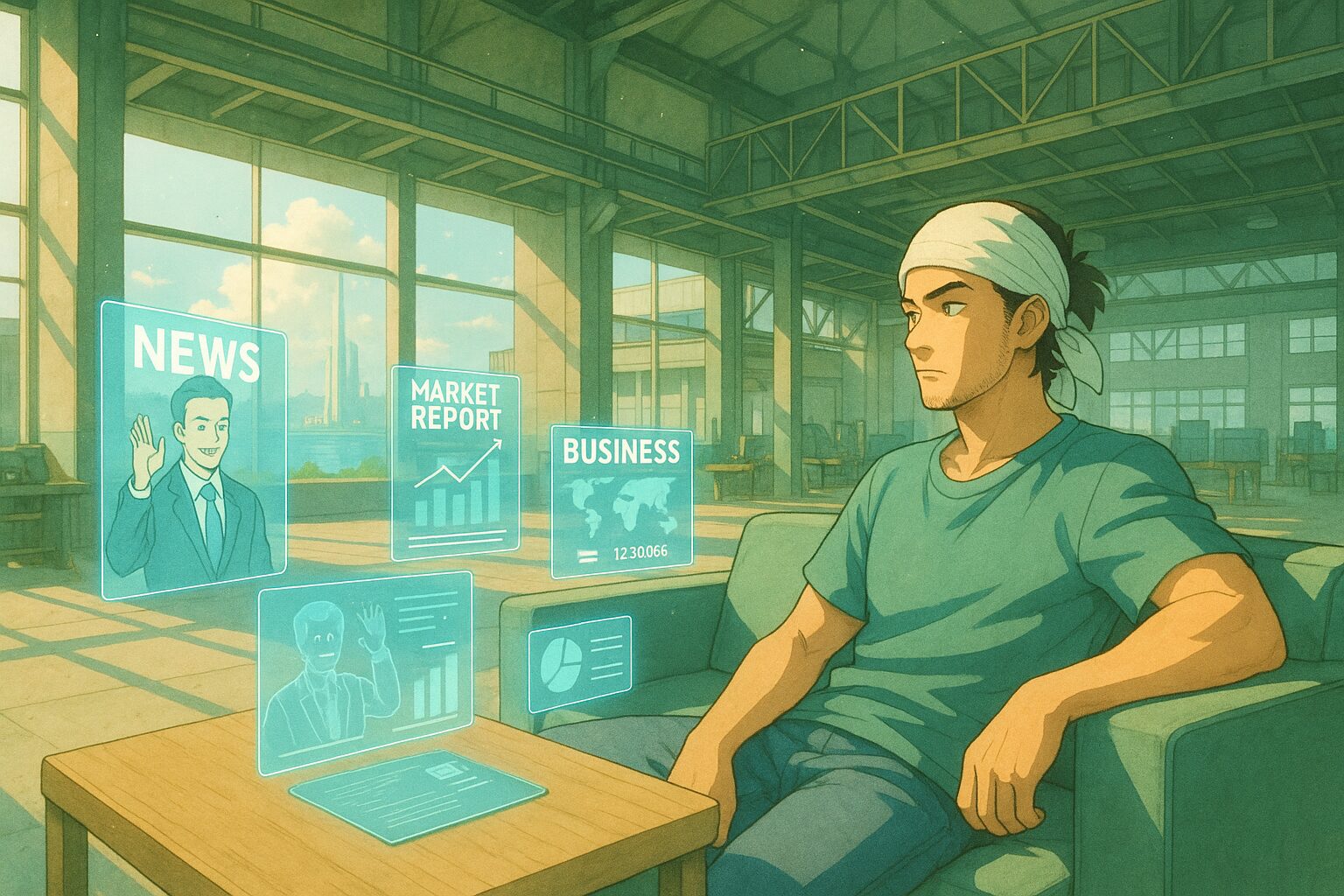What Will the Future of Quantum Computing Look Like in Our Daily Lives?
Nvidia has quietly stepped into the world of quantum computing. While it’s still a discussion for the future, how will our lives change if this trend continues?
1. Today’s News
Source:
https://www.fool.com/investing/2025/11/09/nvidias-quiet-move-into-quantum-computing-could-re/
Summary:
- Nvidia has begun to build bridges to quantum computing by utilizing AI and GPUs.
- Quantum computing is still considered a future technology, but Nvidia’s efforts could accelerate its arrival.
- This quiet yet significant move may trigger the next computing revolution.
2. Considering the Background
The computer technology that supports our lives is evolving daily. Most of the devices we use are based on traditional computing principles. However, quantum computing has the potential to fundamentally change the way data is processed. Why is this technology gaining attention now? Because quantum computers can provide the enormous computing power required by the evolution of AI. Let’s look at how this movement might impact our lives.
3. What Does the Future Hold?
Hypothesis 1 (Neutral): A Future Where Quantum Computing Becomes Commonplace
If quantum computing becomes widespread, it will become a part of our lives, just as the current internet and smartphones have. This will drastically improve processing speeds, allowing us to surpass current technological limits. As a result, the capabilities of AI will expand further, accelerating the development of new services and products. However, our values may shift towards greater dependence on technology.
Hypothesis 2 (Optimistic): A Future with Major Innovations
The evolution of quantum computing will create new industries and help solve existing problems. It will be used in healthcare, finance, and climate change simulations, contributing significantly to human progress. With the benefits of this technology, we may be able to build a healthier and more sustainable society. Consequently, technology may become an essential means for humanity to solve challenges.
Hypothesis 3 (Pessimistic): A Future Where Privacy and Security Are Compromised
There is also a future where the power of quantum computing is so formidable that concerns about privacy and security arise. This may make it difficult to protect personal information, increasing the risks of a digital society. In such situations, a new perspective may emerge that technological advancement does not necessarily lead to happiness.
4. Tips for Us
Thought Process Tips
- Always consider the impact that technological advancement may bring.
- Be aware of how everyday choices may influence future society.
Small Practical Tips
- As individuals, deepen your knowledge of technology and enhance your literacy.
- As a society, actively communicate about the changes brought by technology.
5. What Would You Do?
- How do you perceive the future of quantum computing? Will you actively engage in this change?
- How will you confront the risks brought about by new technologies? How should we strike a balance?
- When our lives change dramatically, how will you adapt?
What kind of future did you envision? Please share with us through social media quotes and comments.









